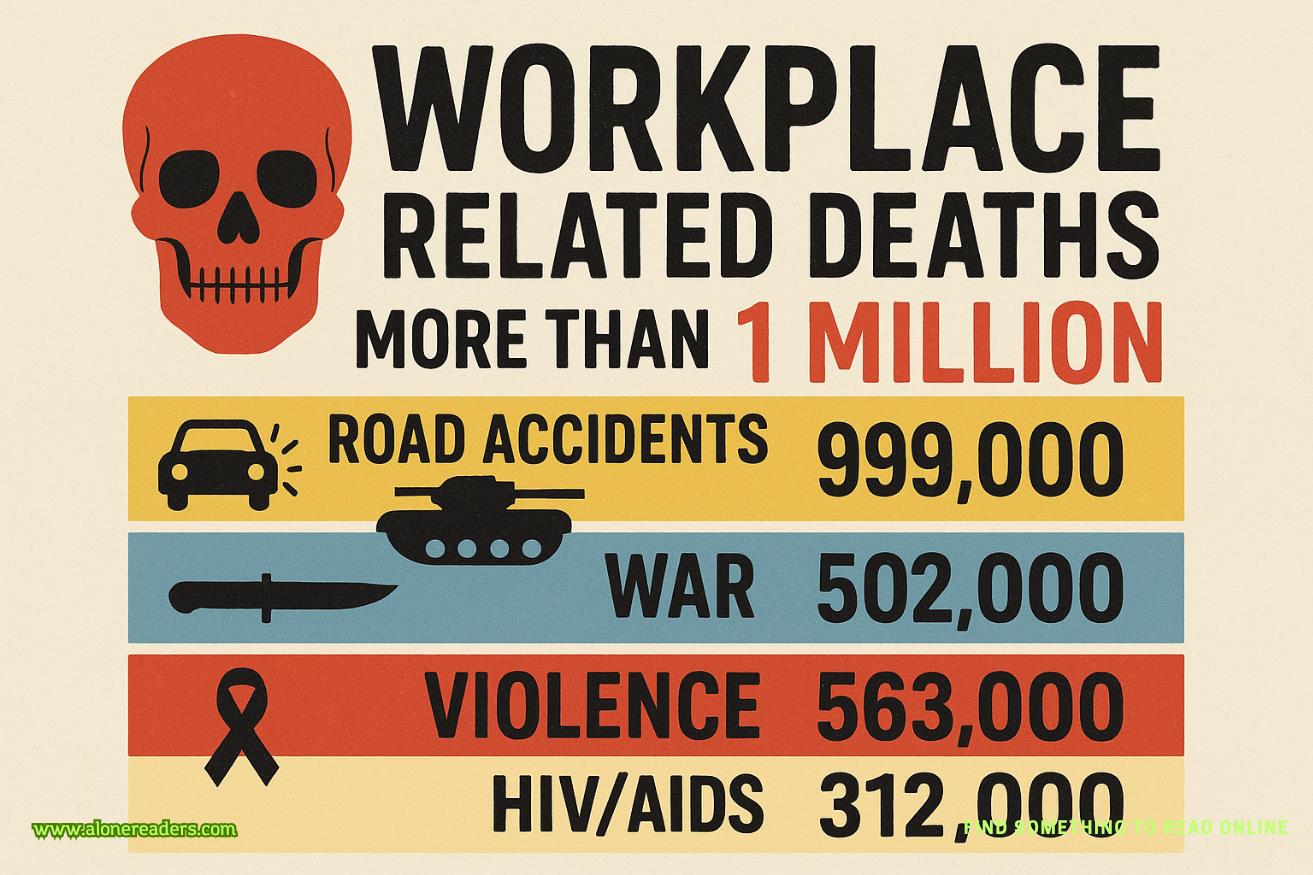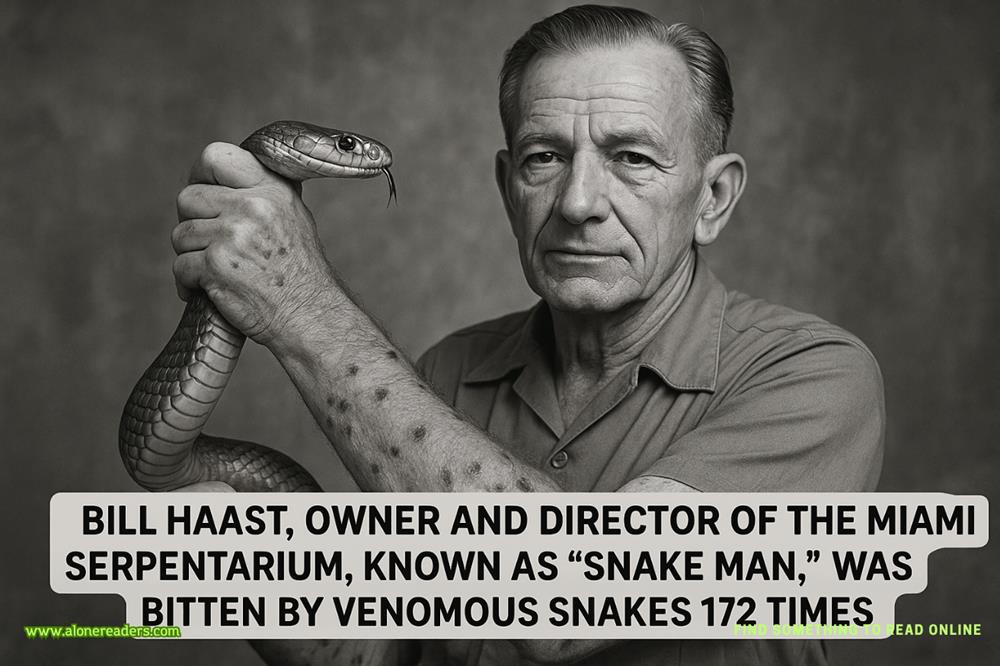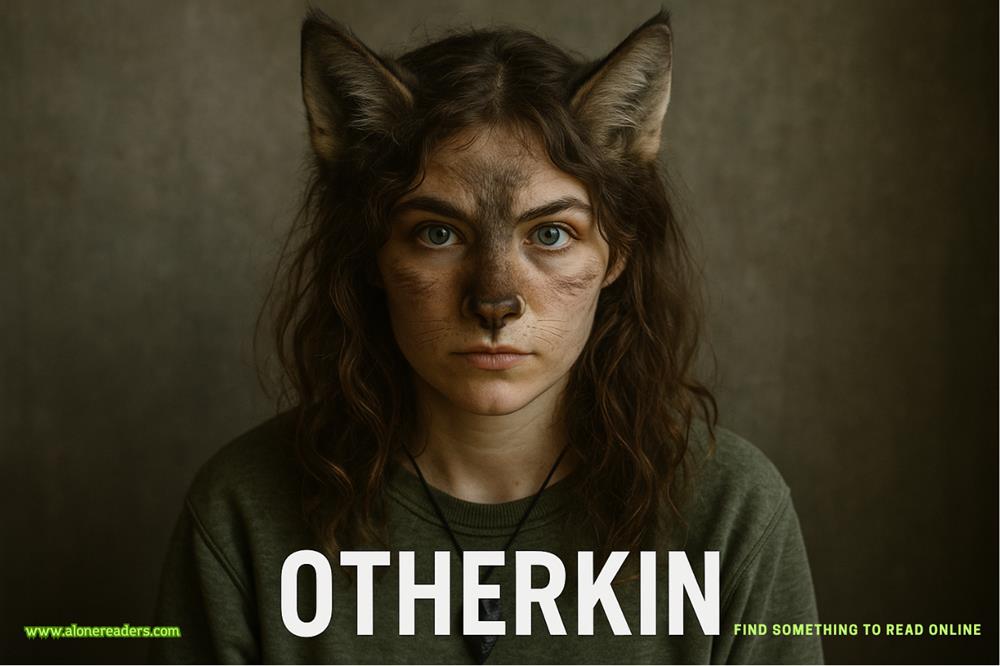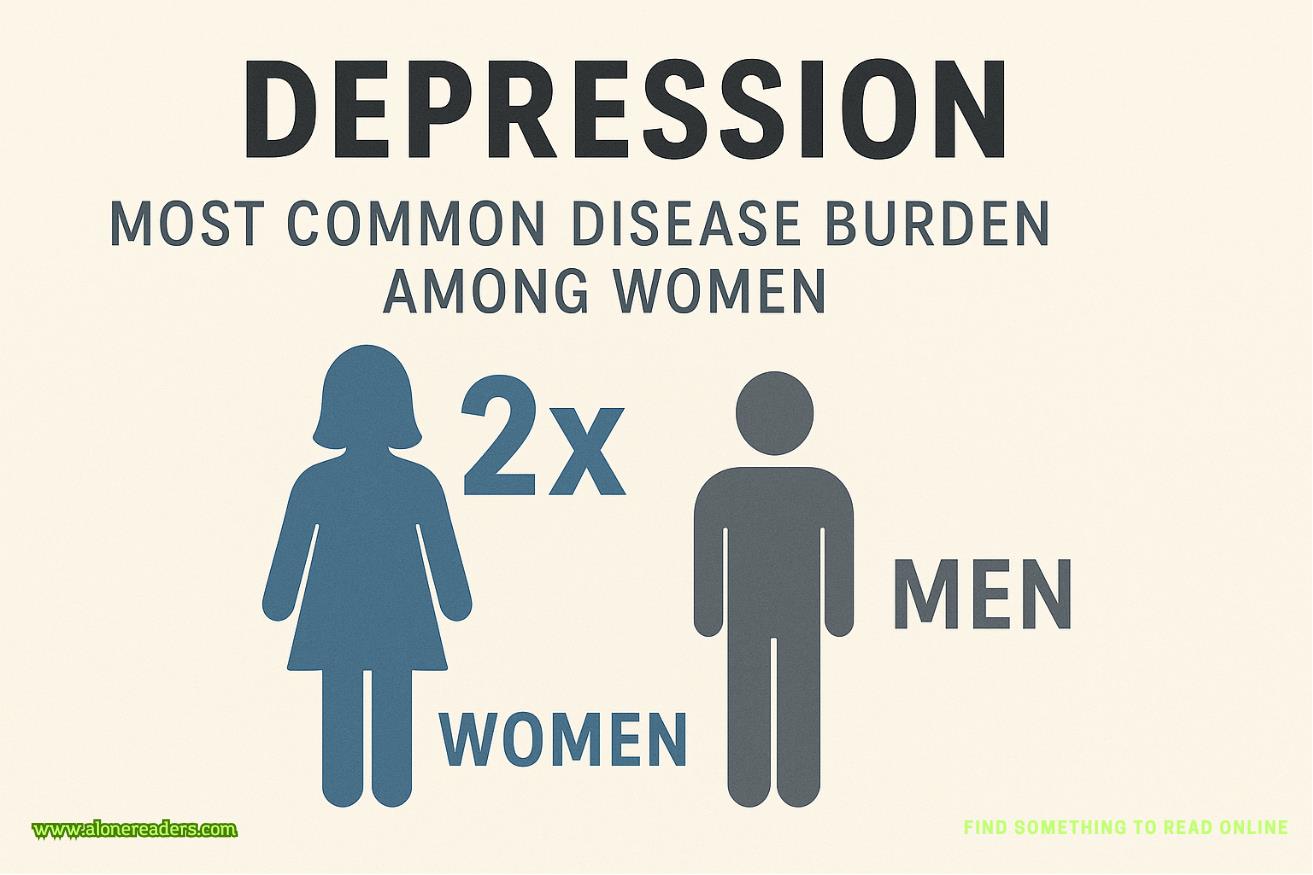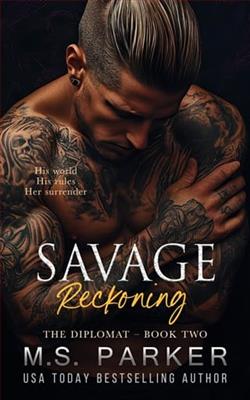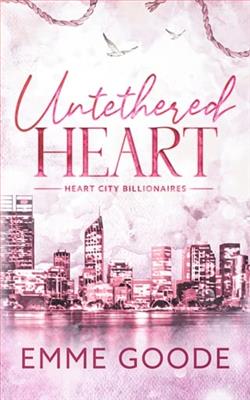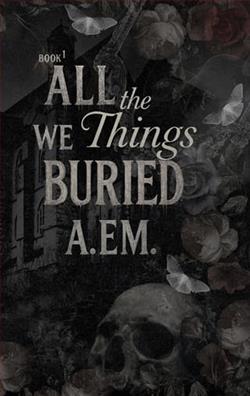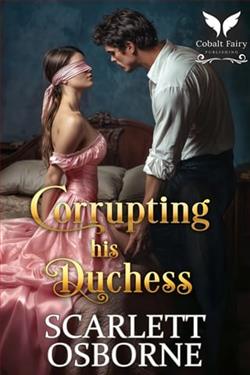Page 54 of So Far Gone
Kinnick looked down at the boy, then at Bethany. “I’m sorry. I’m droning on about usage rates. I’m out of practice talking to people. I haven’t even asked, How areyou? How’s work going? Are you at the same school?”
“I am.” She had been teaching part-time, English and civics, at a little Christian school in Grants Pass, where the kids went. “Well,” she said, “we’re not in school now, obviously. A lot of parents are starting to get upset about that.”
“Oh, right,” Kinnick said. “I keep forgetting. The... what’s the disease called again?”
“Coronavirus. Covid-19.”
“Right. Right. And Shane? How’s he doing?”
She could hear Rhys trying to sound neutral in asking about her husband. “He’s good,” she said. “He’s driving a truck that delivers food to stores and restaurants. He’s what they call an essential worker. He sends his best.”
Kinnick chewed his bottom lip. “I think I told you the last time youwere here, but I want to say it again: I regret my part in that. It’s one of the things I think I’m trying to overcome. My temper. My reactiveness.”
I regret my part in that?It was like a politician’s statement. He comes to dinner at her house, calls her husband an idiot, punches him in the face, and then drives away forever—and half-apologizes... for hisreactiveness?What did that even mean? She pictured Peggy again.And how does that make you feel?Bethany fumed. She needed to get out of there. To escape her father’s escape.
“When?” Asher was back at her side.
Bethany looked down. “What’s that, honey?”
“You said ‘pretty soon.’ I was just wondering when. Ten minutes or... twenty minutes or...”
“Fourteen,” she answered. Asher nodded and went back to throwing rocks.
Bethany smiled. “Asher hates imprecision.”
“I see that. They both seem... well, they seem like great kids. Smart. And so cute. They’re... well, it’s just... I think... you’ve done a great... you seem like a great parent, Bethany—I mean, of course you are.”
“Thanks, Dad.” Even when he stammered something nice, it stung.Sheseemedlike a great parent?She could see the strain on Kinnick’s face, trying to figure out what to say, how to say it. “Have you thought about coming back?” she asked finally.
“Coming back?”
“Yeah. Into civilization?” She smiled. “What’s left of it.”
He ran his hand through his hair. “I feel like I’m not quite done here. Like I’m close to... well, figuring something out... some kind of... I don’t know what to call it. Conclusion?” He shook his head. “No, that’s not right. It’s like Sartre wrote: ‘Appearance doesn’t hide essence but reveals it.’ Feels like that’s what I’m getting close to. Theappearanceof something...” It was clear he didn’t want to say the next word aloud, but he finally did: “profound.”
She thought again about the questions she’d come to ask him. “Can I ask... what is it?”
He laughed, knit his brow and narrowed his eyes. “Well, the whole tradition of Western thought and philosophy is steeped in humanism, right? Pythagoras, Aristotle, Marcus Aurelius. Even something like the Upanishads. Watts, Sun Tzu, ethics, art theory, Sontag, nineteenth-century economics—it all proceeds from the human mind, deals first with human experience. But naturalism, environmental philosophy, which put us on a neutral footing with the world around us, these are barely fifty years old. So, what I’ve been thinking is... what if you went back over thousands of years of philosophical history from this new vantage, trading human experience for environmental ethics. Which ideas continue to make sense? And from that, can we make a new kind of metaphysical map of the world. Something we could chart, orient on a globe. What if you could write it like an outdoor field guild or a topographical map. A sort of... revisedAtlas of Wisdom.”
For just a moment, she found herself listening to the father she’d loved at twelve, the father she couldn’t wait to see walk through the door at night, whose newspaper byline she would run her hand over, desperate to understand what he’d written the day before... about dam removal, or wolf populations, or nuclear waste... stories that were never quite as interesting as the versions he told her when he got home, the father who didn’t talk to her like she was a little girl—the way her mom did, the way her teachers did—but who would talk about forestry policy needing to evolve past Muir, or who might randomly quote Sartre or try putting abstract theories into anAtlas of Wisdom.
But then, she became a teenager and began to see this other, reclusive father—moody, selfish, aloof, depressed—right around the time they drifted apart. She blamed him when her parents split, even though they insisted it was a mutual decision, and even though Celia went off and married Cortland, like, an hour later.
It was also when she was a teenager that Bethany began to senseRhys Kinnick’s profound disappointment inher—his face betraying it, as if he hated every single choice she’d ever made. He bad-mouthed the guys she brought home, especially Doug and Shane (both of whom reminded her of her father), and he scoffed and rolled his eyes at the cars she drove and the classes she took and the apartments she lived in, as if she were constantly letting him down with her bad judgment, as if she had failed to live up to her twelve-year-old promise. (And worst of all, what if he was right to be disappointed?) Even now, she wondered what he saw when he looked at her. Instead of becoming a writer like him, contemplating “metaphysical world maps,” she wasjusta part-time teacher,justa frumpy housewife with two kids whose ages Rhys couldn’t bother to remember,justa nearly middle-aged woman with questionable taste in men (as if all of them had lined up and she’d merely had to point out the ones she’d wanted).
No, this social distancing was nothing new; she and her father had been at least six feet apart for twenty years. And whatever insight Bethany might have gleaned by coming to see the man now, whatever key he held to her own mysterious heart, she had the sense, seeing him like this, that her idea ofdisappearancewas an illusion.
Maybe that’s what Peggy had wanted her to see, the ultimate hollowness of the man standing before her, and the empty promise of her own vision of escape.
Perhaps this character flaw was exactly what she’d seen in her father back when she was a teen. Rhys Kinnick was like the math concept she’d recently helped Leah with—a negative equation.If the signs are different,as she’d told Leah,the answer is always negative.The signs between Bethany and Rhys would always be different. The answer was always going to be negative.
“Four minutes,” Asher said. He held up the red digital wristwatch he’d proudly bought with his Christmas money last year. “It’s been ten minutes so far.”
“Okay, Ash,” Bethany said. “Thanks for keeping track.” And that,ultimately, was why she could never do what self-absorbed Rhys Kinnick had done.
She could never turn her back on her children the way he had turned his back on his child. On her. Bethany said to her father: “Looks like we have only four minutes.”
“So soon?” He seemed a little panicky.




